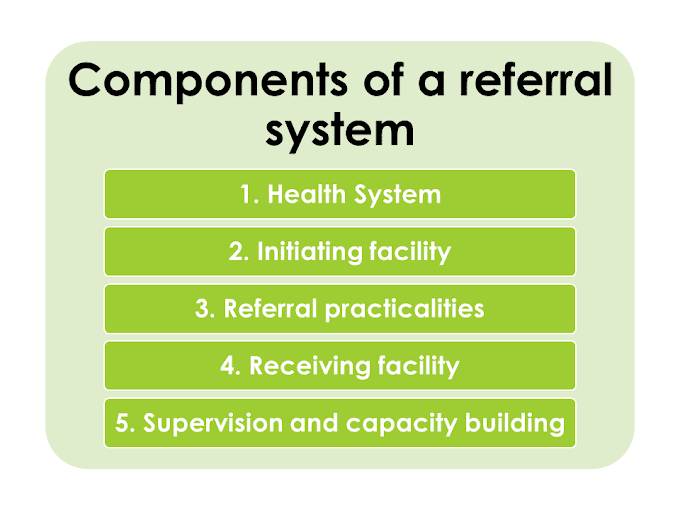Acne is a skin condition most commonly occurs in teenagers and young adults. Acne Vulgaris occurs when hair follicles of skin plug with oil and dead skin cells. It is an inflammatory disorder of oil secretory gland of skin.
Causes of Acne Vulgaris
Androgens are hormones that increase in teenagers and cause the sebaceous glands to enlarge and make more oil secretion. Excess oil production, clogged hair follicles by oil and dead skin cells, growth of bacteria and inflammation are main cause of acne vulgaris.
Family history (Genetics) of acne plays a role in acne. If your parents had acne, you are likely to develop it too.
Stress doesn't cause acne, but if you already have acne, stress worse the severity of acne. Scrubbing the skin too hard or cleansing with harsh soaps or chemicals irritates the skin and can make acne worse.
Types of Acne Vulgaris
Comedones
A comedo is a hair follicle that has become clogged with oil and dead skin cells. Comedones can develop into bumps called whiteheads and blackheads.
Comedones that stay closed at the surface of the skin are called whiteheads. This happens when oil and skin cells prevent a clogged hair follicle from opening.
Blackheads are comedones that are open at the surface of the skin. They are filled with excess oil and dead skin cells.
Papules
Papules are comedones that become inflamed, forming small red or pink bumps on the skin. This type of pimple may be sensitive to the touch. Squeezing and Picking can make the inflammation worse and may lead to scaring.
Pustules
Pustules are another kind of inflamed pimple. They resemble a whitehead with a red ring around the bump. The bump is typically filled with white or yellow pus.
Avoid picking or squeezing the pustules. Picking can cause scars or dark spots to develop on the skin.
Nodules
Nodules are large, inflamed bumps that feel firm to the touch. The develop deep within the skin and are often painful.
Cysts
Cysts are large, pus-filled lesions that look similar to boils. Cystic acne are painful to touch and should be treated by a dermatologist since they also can scar.
Acne Conglobata
Acne conglobata is a rare but severe form of acne. It occurs when acne cysts and nodules begin to grow together deep below the skin. It's a form of nodulocystic acne.
How can you prevent acne from developing on your body?
- Keep your face clean. Wash your face twice daily with use of warm, not hot water and a mild facial cleanser to remove impurities, dead skin cells, and extra oil from your skin's surface. After washing dry your face with a soft clean towel.
- Avoid touching your face or propping your cheek or chin on your hands. Never pick or pop pimples with your fingers, as it can lead to infection and scarring.
- Avoid to excess expose in sun light. The sun's UV rays can increase inflammation and redness, and can cause post-inflammatory hyperpigmentation.
- Avoid greasy food and junk food and add more fresh fruits, vegetables and whole grains to your diet. Dairy products and foods high in processed sugar may trigger acne.
- Exercise daily. Regular exercise is good for whole body, including skin.
- Stay hydrated.
- Limit makeup.
- Leave Stress-free life. Stress doesn't cause acne, but it may make them worse.
Treatment of Acne Vulgaris
- Antibiotics: Stops the growth of or kills bacteria. Usually the first choice for treating acne is a tetracycline, erythromycin, azithromycin.
- Tea tree oil
- Vitamin A derivative like retinoids and isotretinoin.
- Azelaic acid and salicylic acid





0 Comments